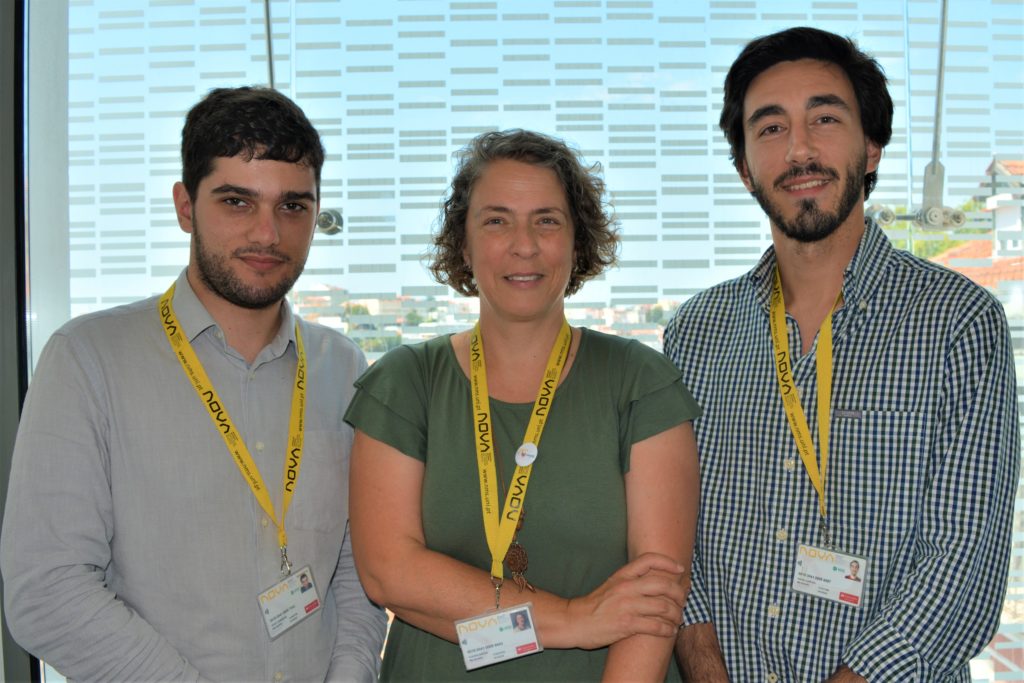Cláudia Nunes dos Santos, researcher at the Center for the Study of Chronic Diseases (CEDOC-NMS|FCM), recently published the first article within the scope of the project financed by the European Research Council (ERC), with the title "Low molecular weight metabolites from polyphenols as effectors for attenuating neuroinflammation” in the scientific journal Journal of Agricultural and Food Chemistry of the prestigious American Chemical Society.
With the aging of the population, the prevention and delay of neurodegenerative diseases is nowadays a growing concern. The possibility of altering the progression and development of neurodegenerative diseases through diet is a very attractive approach and one that is increasingly supported by scientific data.
It is known that a diet rich in vegetables and fruits provides us with a significant amount of bioactive compounds called polyphenols and that these can have a neuroprotective function.
In previous work, the research team found that one of the metabolites resulting from the ingestion of polyphenols plays an important role in the neuroinflammation process of the brain's immune cells (called microglia) – a biological process common to all neurodegenerative diseases.
However, although there is a description of polyphenol metabolites, there is little information about the effect of these compounds on neuroinflammation and therefore it is interesting to identify metabolites and select those that actually reach the brain.
In 2017, researcher Cláudia N. Santos received an ERC grant to fill this knowledge gap and study the influence of these metabolites on neuroinflammation and their molecular mechanisms.
That is, to understand which of these metabolites reach the brain, and which ones affect the inflammatory processes in the brain. The review article now published, systematizes which metabolites of polyphenols reach the circulation and the molecular mechanisms underlying their effects on the cerebral inflammatory process that affects neurodegenerative diseases.
This first article resulting from European funding is the map from which this research team will continue its research and, in addition, will serve as a database for many other scientists working in this area.
Future analyzes will increase the degree of complexity of the system and the effects of polyphenolic metabolites will be investigated in a multicellular context, and then their role in neuroinflammation will be tested in animal models.
Finally, researcher Cláudia Santos refers to the importance of a varied diet and the intake of fruits and vegetables to minimize the effects of neurodegenerative diseases or even postpone the appearance of this type of disease.
Author NOVA Medical School – Faculty of Medical Sciences – Universidade Nova de Lisboa
Science in the Regional Press – Ciência Viva



















Comments